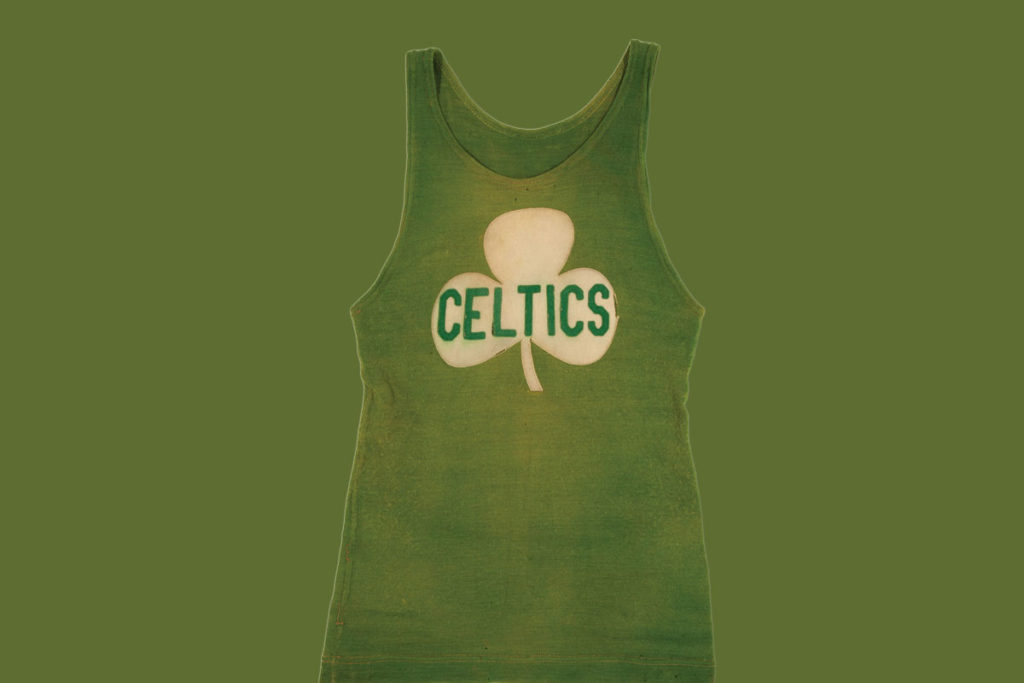Canadian Basketball Stars Of The 1920s’
Posted on May 21, 2021
One of the most common complaints from fans during the formative years of basketball was that the opaque wooden backboards obstructed their view of the game.
So, it was in 1917 that the Indiana University Hoosiers installed the first glass backboard.
Hoosiers have had a rich basketball history highlighted by five NCAA men’s basketball championships.
Such is their foundation, that according to a 2019 study, it is the fifth most valuable collegiate basketball program in the USA.
Kentucky Wildcats, valued at $334.2 million, is tops while Kansas Jayhawks was second at $319.5 million.
Located in Bloomington, Indiana was, the Hoosiers was also home court to one of Canada’s first basketball stars.
Frank Sibley II – Indiana Hoosiers
Born July 15, 1903, in Nova Scotia, Frank Sibley was a 6-foot-2 centre on the Hoosiers squads from 1923 to 1927.
Sibley was part of a Big Ten Championship in 1925-1926 and the following season appeared in 17 games while averaging 5.9 points per game.
Also captain of the Hoosiers football team, Sibley was an all-star in academics as he authored: ‘Approach to aesthetics collected papers on philosophical aesthetics”
The Cardinals featured Johnny Beckman, recognized as one of the pro games earliest superstars playing from 1912 to 1930. Beckman also started for the power house New York Original Celtics.

Sibley, who passed away February 25, 1981 in Gary, Indiana, had also played independent basketball for the Hammond Colonials and Hammond Trust.
Windsor to Detroit Mercy Connection
The roaring 20’s also found Windsor, Ontario hardwood aces taking their game across the river to play for the University of Detroit Mercy Titans.
They were Bill Butcher, Frank Dowd and Harry Shanahan.
Butcher led the 1927-1928 Titans in scoring at 7.0 points per game.
Years later, Shanahan would play some pro basketball for Canada’s first pro hoops squad the Windsor Cooper Buses (1935-1936).
The Cooper Buses played their home games at Kennedy Collegiate Gym and Patterson Collegiate Gym.
Also making the bucks on the pro circuit in the 1920s’ were Canadian-born Arthur Roy Boosey, Ray Marshall and Victor Till.
Arthur Roy Boosey
Born May 7, 1885 in Petrolia, Ontario, Boosey played the Detroit independent circuit from 1900 to 1926, including stints with the Detroit Rayls and Detroit Arrows.
His final year was in the American Basketball League with the Detroit Pulaski Post.
At 5-foot-10, Boosey played at all five positions during his illustrious career.
Boosey had a pre-basketball-game ritual of eating chili prior to tip off.
He died November 28, 1941 after a game of singles handball.
Ray Marshall
Born May 24, 1904 in Clarence Nova Scotia, Marshall played independent basketball for the St. Johnsbury Co. D. Saints in Vermont for the 1921-1922 campaign. He was only 17.
The Greens played out of the 1,400-seat Washington Hall in Greenfield, Massachusetts.
Victor Till
Till, born August 7, 1906 in Toronto, Ontario played his high school ball in Poughkeepsie, New York for George Washington High School.
Standing 6-foot-7, he made the jump to the pro game right out of high school, suiting up for the Brooklyn Visitations of the American Basketball League.
He would play professionally for seven years, finding a pay cheque with the Bronx Americans, Catskill Howitzers, Kingston Red Shields, Kingston Saugertles, New York Charles D. Barney & Co. and New York Cranberrys.
He later moved to Florida where he became a successful real estate developer while gaining notoriety as a sports fisherman and yachtsman.
Up next….the 1930s’.
Written by: Curtis J. Phillips

